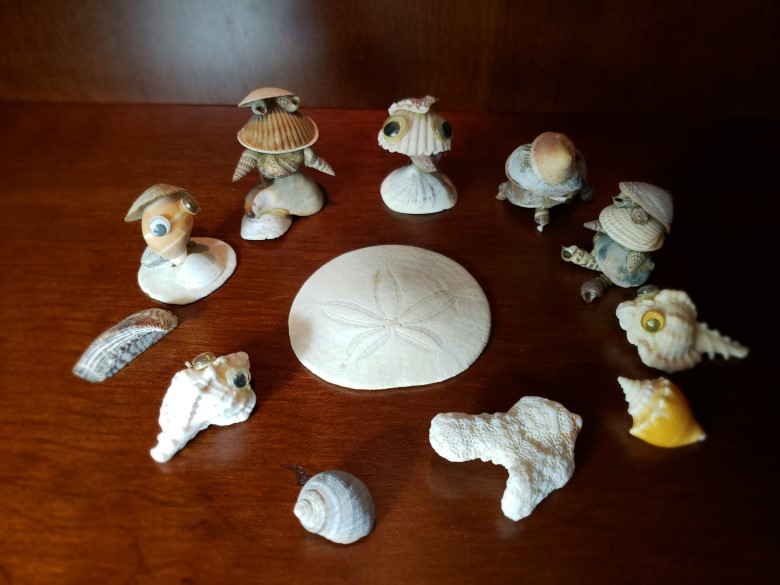We crave independence – whether a caregiver, a community, or a country. We covet the joy we feel after we accomplish something; like overcoming a challenge while caregiving.
Or do we?
In the United States, we’ll be celebrating the anniversary of our Declaration of Independence. On July 4, 1776, leaders of the 13 original colonies agreed to stop being subjected to the British Monarchy’s rule. A bold move, indeed!
Independence versus a monarch’s rules – is that all there is? No.
If we move beyond our borders, we learn about ubuntu, a Nguni word from South Africa. Though difficult to translate across cultures, it means, “I am; because of you.” Sometimes, in caring for another, we become who we are meant to be. Ubuntu focuses on the connections between people and on acting in the community’s interests.
Years ago, I learned about a contest among children in a small African village. They were to have a footrace. Whoever won the race got their pick of the treats at the finish line. It didn’t quite work out that way. One by one, as the children reached the point, they waited for the others. They wanted to enjoy the treats together — ubuntu.

My father came to this country through Ellis Island with the spirit of ubuntu. He believed and lived: What’s good for my adopted country is good for me — even if it meant sacrificing. When he was without work, we were told to do without rather than seek government assistance.
Today, we seem to practice: Every [wo]man for [her]himself.”
Who practices ubuntu, these days?
In our politically charged nation, even writing of ubuntu raises eyebrows with thoughts of anti-capitalism or socialism.
During my graduate studies at the university, I learned to keep questioning with an open mind. After all, there are strengths and weaknesses in every system.
Ubuntu can comfort the caregiver who feels alone.
Ubuntu can comfort the care recipient who is lonely.
As we celebrate our nation’s independence and reflect on those who have given their lives in the pursuit of our nation’s freedom, let us open our minds and hearts and reach out to work together. Millions of caregivers caring for people with dementia and other diseases and illnesses need our support. So do those being cared for.
A little bit of ubuntu goes a long way in asking for and giving help before it’s too late – before we caregivers need care. Caring for my father who lived with Alzheimer’s impacted my life in many positive ways. Yet, there were tough times when independence took a back seat while others came forward in the spirit of ubuntu.
For more about the term ubuntu: http://en.wikipedia.org/wiki/Ubuntu_(philosophy)








